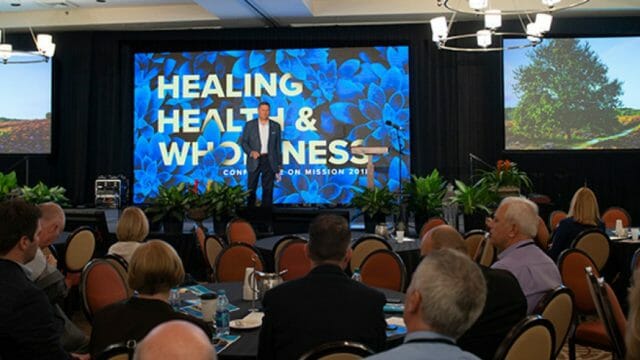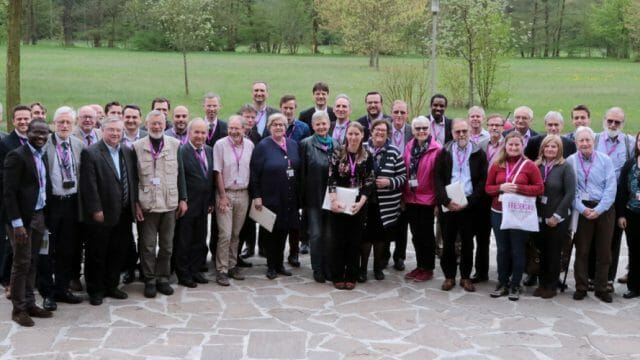Marriage does not solve any problems; it simply compounds them.

I met my boyfriend in graduate school and we have been dating for about two years. We have been living in different cities since we completed school—about six months—but he’s been nudging me to find a job in the city where he lives. Lately he’s been talking about getting married, but I’m not 100 percent sure I want to marry him. He has several habits that simply repel me, and his parents are a complete mess with each other, as well as with their family. If we have children I don’t want them to be related to this family. What should I do?
Your situation is one that confronts many couples who are considering marriage. They claim to really like the person they are dating—at least several things about the person—but they don’t care to be part of that person’s family, and have concerns about the obnoxious habits they see in their potential mate.
Marriage is serious; it’s for keeps, especially if you are a Christian. So if you are ambivalent about marrying someone whose habits you think you cannot live with, who has a family you don’t care to be related to, you have to make a decision sooner rather than later about the viability of this relationship.
Bad habits are like addictions: they don’t disappear easily. When you get married, regardless of where the family of your potential mate lives, they will become your family and will be related to your children. This puts you at a crossroads; it is time to decide what to do.
You need to ask yourself several questions, such as: are the obnoxious habits of your boyfriend an affront to your values, or are they simply idiosyncratic? Do you see his family as people who lack morals or values that are non-negotiable, or do they simply do things differently than your family of origin? Can you see yourself willing to live with that reality?
If your answers to the above questions are based on morals and values with which you are unwilling to compromise, you have to find a way to end this relationship as quickly as possible. However, if your answers are that he is eccentric or peculiar, you have to be honest with yourself about your ability to compromise on these points.
There are no perfect persons; you will never find someone without traits that you dislike. In fact, every family has its share of vexing characters. But if you strongly dislike the habits or personalities of the people you’ll be related to after marriage, do not sweep the matter under the rug. Rather, confront the pesky issues head-on, as gently as possible. Also, don’t talk yourself into minimizing the situation if it’s of grave concern to you. The best predictor of what will likely happen after marriage is what tends to happen before marriage.
If you haven’t yet started pre-engagement counseling, we highly recommend it. Don’t wait until a proposal for marriage to challenge the viability of your relationship to go the distance. Do it now when it is much easier to walk away if you have to, rather than having to disrupt wedding preparations when you are so heavily invested financially and emotionally. After all, marriage does not solve any problems, it simply compounds them. So don’t buy the hype that things will settle down and come together once you are married.
Take these matters to God in earnest prayer. Allow a trusted pastor or professional counselor to walk with you as you process these concerns. Remember also the words of Jesus: “Ask, and it will be given to you; seek, and you will find; knock, and it will be opened to you” (Matt. 7:7).
You will continue in our prayers.
Willie Oliver, PhD, CFLE, an ordained minister, pastoral counselor, family sociologist, is director for the Department of Family Ministries at the world headquarters of the Seventh-day Adventist Church.
Elaine Oliver, MA, LGPC, CFLE, an educator and counseling psychologist, is associate director for the Department of Family Ministries. You may communicate with them at Family.Adventist.org or HopeTV.org/RealFamilyTalk.








